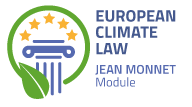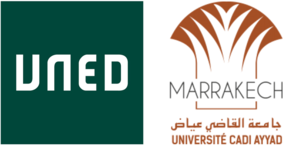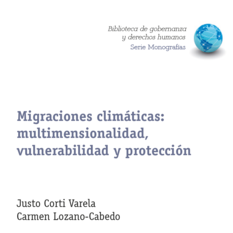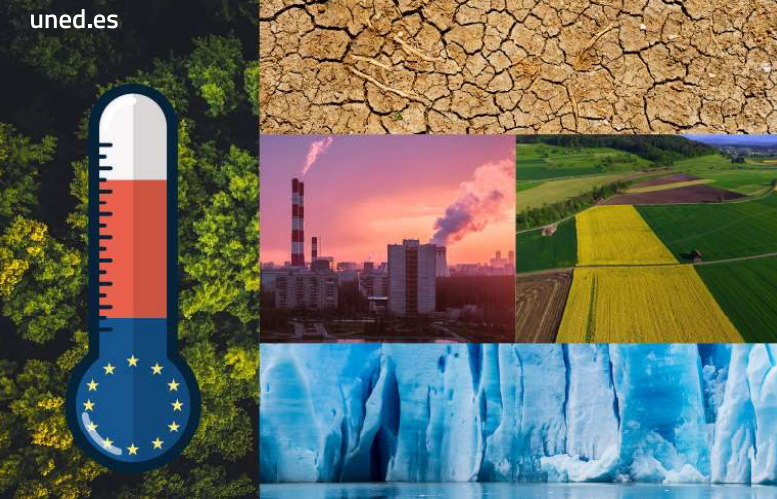
Environmental displacement is a phenomenon with blurred boundaries, yet it is gaining increasing prominence in the migration landscape.
Its novelty and intensification in recent decades—particularly due to the negative impacts of climate change—may explain why international law is currently unable to provide a comprehensive framework for the protection of those forced to leave their homes for environmental reasons.
This inability of international law to offer full protection does not mean that there are no tools within the legal system that could be useful in pursuing that goal. Nonetheless, it is necessary to analyze international law in order to better approach this phenomenon.
The course is a collaboration between the research project PID2024-157072NB-I00, LITICLIMA, “Climate Litigation: Fighting Climate Change through National, European, and International Legal Actions”, and the project TED2021-130570B-100, ADAPTAR, “Adaptation and Climate Displaced Persons: Actions for their Protection.”






